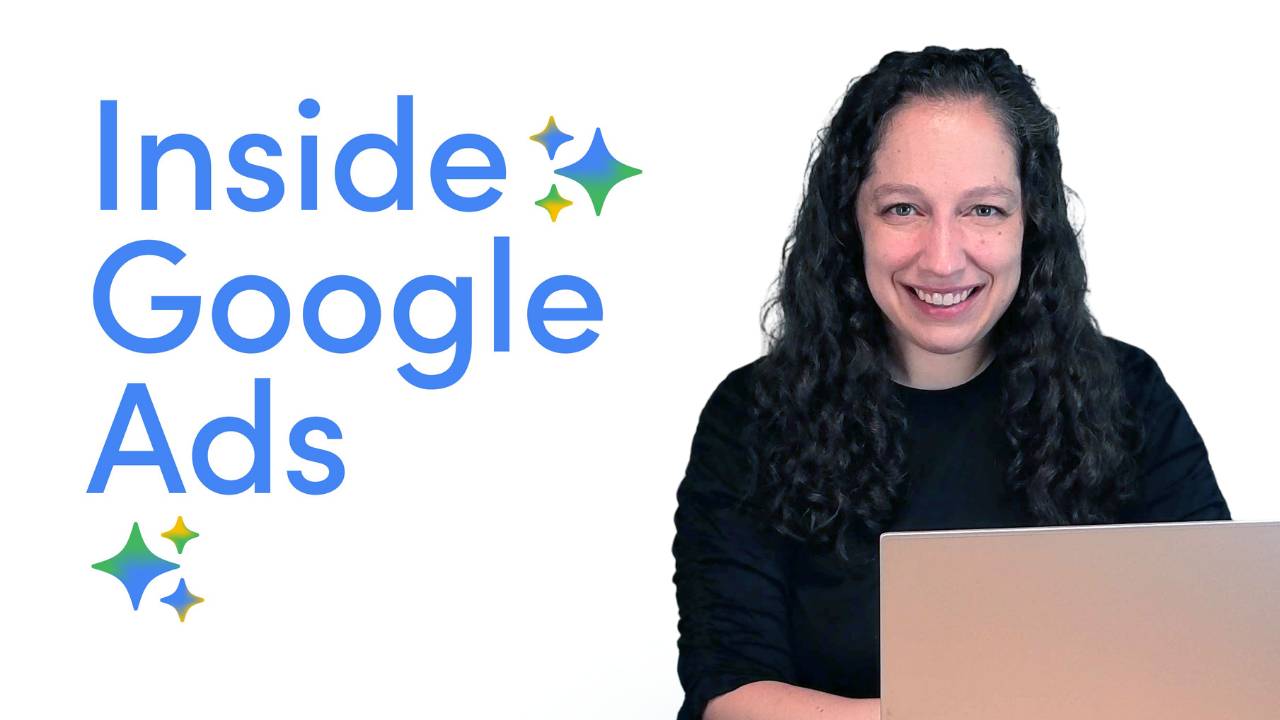Google Ads for Startups: 7 Tips for Success from an Ex-Googler
Nov 01, 2024
By: Jyll Saskin Gales, Google Ads Coach
Google Ads can be a powerful tool for businesses of all sizes. However, startups and scale-ups often face unique challenges when venturing into paid advertising. I've worked with Google Ads for more than a decade and advised more than 100 startup founders. Here are my top 7 tips, tricks and mistakes to avoid if you want to maximize your chances of success with Google Ads.
Understanding Your Audience: Solution-Aware vs. Problem-Aware
One of the key factors in successful Google Ads campaigns is understanding your target audience's mindset. Are they already aware of the solutions available to their problems (solution-aware), or are they still searching for ways to address their pain points (problem-aware)?
For example, a B2B startup offering project management software might find that their target audience is searching for solutions to "improve team collaboration" or "streamline project workflows" rather than directly searching for "project management software." Recognizing this distinction allows you to tailor your ads and landing pages to address the problems your audience is facing, leading to more effective campaigns and stronger results.
Landing Pages and KPIs: Focus on the Right Metrics
When driving cold paid traffic to your website, a dedicated landing page with a lead form is often a good strategy. The content and messaging on this page should clearly articulate how your product or service solves the problems your audience is experiencing. Don't get caught up in design details; keep the layout simple, and focus on delivering a compelling message that resonates with your visitors.
Initially, prioritize key performance indicators (KPIs) like click-through rate (CTR) on your ads and on-page engagement. A high CTR indicates that your ads are reaching the right audience with the right message. On-page engagement shows whether your messaging is compelling enough to keep users around, or whether they're "bouncing" quickly. Once you've established a good CTR and on-page engagement, you can shift your focus to conversion rate optimization and cost optimization.
Full Funnel Conversion Tracking: The Importance of Data
For lead generation businesses, implementing full funnel conversion tracking is crucial. This involves connecting your CRM to Google Ads or using offline conversion tracking to track leads throughout the sales funnel. Understanding how your leads interact with your business after clicking on your ads allows you to measure the true effectiveness of your campaigns and make data-driven optimizations.
If you're a SaaS business, it's essential to have a firm grasp of your key metrics, such as churn rate, customer lifetime value (LTV), and customer acquisition cost (CAC), before launching Google Ads campaigns. These metrics will inform your bidding strategy, budget allocation, and overall campaign optimization.
The Rule of 2: Are You Ready for Google Ads?
For startups, my "Jyll Saskin Gales Rule of 2" can help determine if you're ready to invest in Google Ads. Here's how it works: multiply your conversion rate by your average order value. If the result is at least 2, you're likely in a good position to start experimenting with paid advertising. If not, it might be wise to focus on other marketing channels, such as SEO, until you've improved your conversion rate or average order value.
Startups and Data Limitations
Startups often face challenges with limited data compared to larger enterprises. While third-party data brokers might seem like a solution, they can be questionable and often not a good fit for small budgets. Instead, focus on collecting first-party data, such as email addresses or phone numbers, through your website or other marketing efforts. Even if you don't meet the thresholds for Customer Match in Google Ads, having this data can still benefit the bidding & targeting algorithms and provide a valuable asset for your business.
Bid Strategy: The Key to Success
Your bid strategy is arguably the most critical component of your Google Ads campaigns. It tells Google how to use your budget to achieve your goals. While there's no one-size-fits-all answer, Smart Bidding strategies like Max Conversions, Max Conversion Value, Target CPA, or Target ROAS are often effective. Experiment with different strategies to find what works best for your business and goals.
Remember, Google Ads is a powerful tool, but it requires a strategic approach and ongoing optimization. By understanding your audience, focusing on the right metrics, and leveraging data-driven insights, you can achieve success with Google Ads and drive meaningful results for your startup.
Free Google Ads newsletter
Join 8,000+ business owners and marketers discovering my secrets to Google Ads success. Subscribe now for proven tactics in your inbox every other Tuesday.


